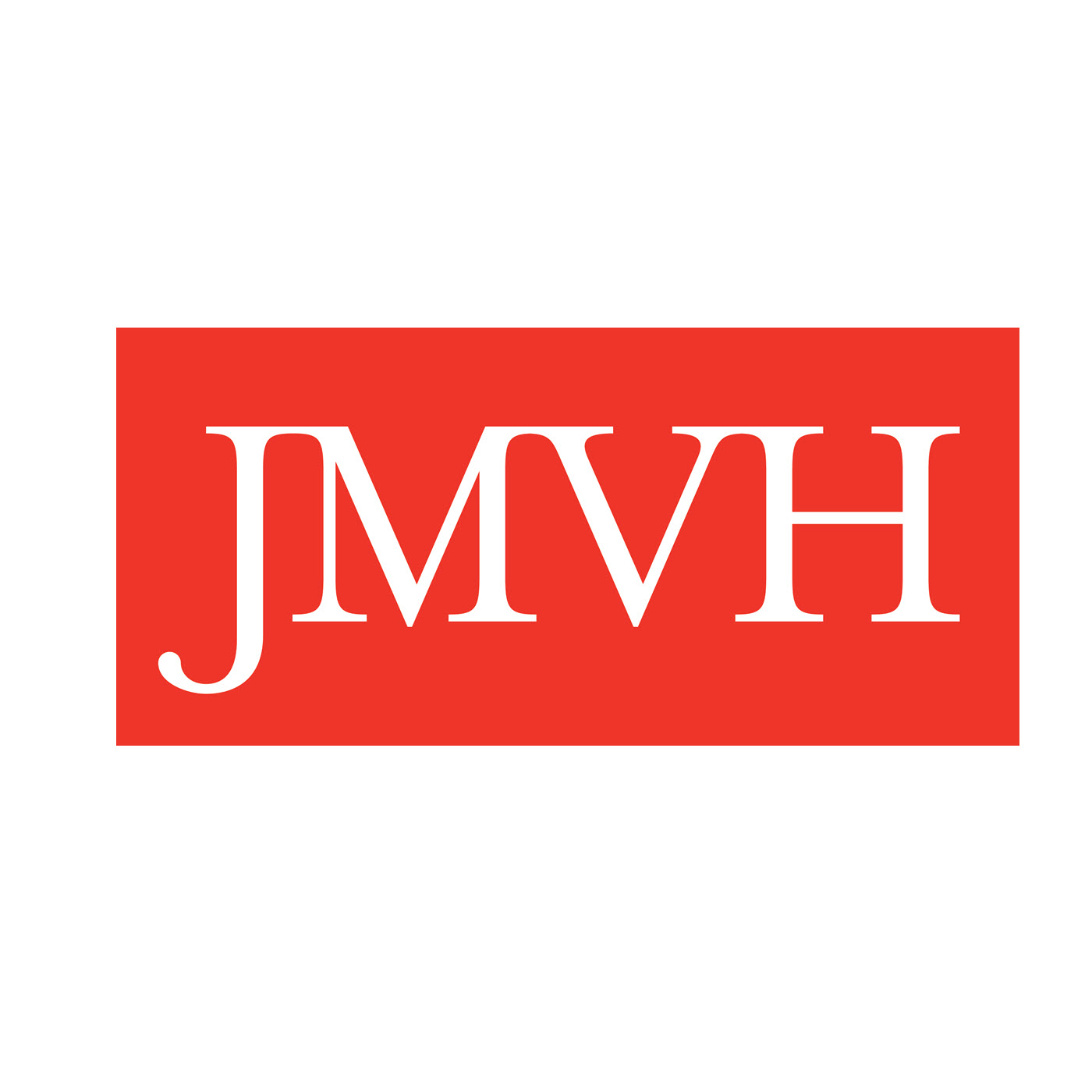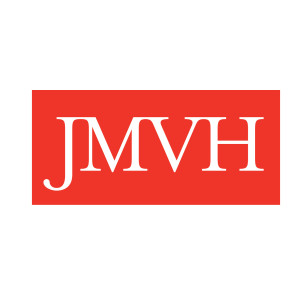
172
Downloads
14
Episodes
The Journal of Military and Veterans’ Health is the official journal of the Australasian Military Medicine Association www.amma.asn.au. It is a peer reviewed journal dedicated to supporting the publication of research and information on military medicine and veterans’ health, recognising that the impact of military service translates into health effects on military personnel long after they retire. It provides and promotes information for those health professionals who are working in, researching or have an interest in the unique facets of medicine and health of military personnel and veterans.
Episodes

Tuesday Jun 17, 2025
Tuesday Jun 17, 2025
This article, "Experiences of a Prisoner of War: World War 2 in Germany," chronicles the personal account of Eric Stephenson, a navigator in a Lancaster bomber shot down over Berlin in December 1943. It details his capture, initial interrogation, and transfer to Dulag Luft, a holding camp. Stephenson then describes his time at Stalag Luft 3, specifically the Belaria compound, which housed Allied flying officers. The narrative provides a vivid picture of daily life in the POW camp, including living conditions, medical care available at the Lazaret (sick-quarters), and the German staff. It also highlights the importance of morale-boosting activities, escape attempts, and the crucial role of Red Cross parcels in supplementing meager German rations. Finally, the account culminates with Stephenson's forced participation in the "Long March" as the Russians advanced, and his arrival at Luckenwalde camp.
You can view the original article here: https://jmvh.org/article/experiences-of-a-prisoner-of-a-war-world-war-2-in-germany/

Tuesday Jun 17, 2025
Tuesday Jun 17, 2025
This article, "Syphilis – Its early history and Treatment until Penicillin - JMVH", provides a comprehensive overview of the history of syphilis, including its origins, spread, symptoms, and various treatments throughout different periods. It discusses the debate surrounding whether syphilis originated in the Old World or was brought from the New World by Christopher Columbus, presenting arguments and evidence for both "Columbian" and "pre-Columbian" hypotheses, along with the "Unitarian" theory. The article also highlights the impact of the disease on military personnel and details the evolution of treatments from mercury and arsenic compounds to the revolutionary introduction of penicillin in 1943. Finally, the text explores the social ramifications of syphilis and how medical understanding of the disease advanced over centuries.
You can view the original article here: https://jmvh.org/article/syphilis-its-early-history-and-treatment-until-penicillin-and-the-debate-on-its-origins/

Tuesday Jun 17, 2025
Tuesday Jun 17, 2025
The article discusses the controversial practice of Live Tissue Trauma Training (LTTT), which involves using animals, primarily pigs and goats, to train military medical personnel in treating severe combat injuries. It highlights the necessity of LTTT for providing realistic experience, especially given the prevalence of massive hemorrhage in modern warfare. The text presents arguments for continuing LTTT, emphasizing the inadequacy of simulators and civilian trauma centers for this specific training. It also addresses criticisms from animal welfare groups, acknowledging their concerns while explaining the protocols in place to ensure humane treatment of animals and the perceived irreplaceable value of live tissue training for saving human lives. Finally, the source touches upon military medical research (MMR) and its role in developing life-saving interventions, further justifying the use of animals in specific contexts.
You can read the original article here: https://jmvh.org/article/military-live-tissue-trauma-training-using-animals-in-the-us-its-purpose-importance-and-commentary-on-military-medcal-research-and-the-debate-on-use-of-animals-in-military-training/

Thursday Jun 12, 2025
E11: Roman Warfare, Ships and Medicine by Neil Westphalen
Thursday Jun 12, 2025
Thursday Jun 12, 2025
This article explores the interconnected development of warfare, ships, and medicine in ancient Rome from its foundation to its decline in Western Europe. It details the evolution of Roman military organisation, weaponry, and tactics, highlighting their disciplined approach and logistical prowess. The text also examines the progression of Roman naval power, from early triremes to the larger quinqueremes equipped with innovative boarding mechanisms, crucial for controlling Mediterranean trade. Finally, it discusses Roman medical practices, tracing influences from Greek traditions, the contributions of notable physicians like Celsus and Galen, and the establishment of military healthcare systems, despite some enduring misconceptions and limitations
As this podcast was produced using Artificial Intelligence (AI), it is not suitable for research, policy development or similar purposes. The original article upon which it is based is at: https://jmvh.org/article/roman-warfare-ships-and-medicine/

Thursday Jun 12, 2025
Thursday Jun 12, 2025
This case study explores the application of Tension/Trauma Releasing Exercises (TRE) as a self-care intervention for a former Australian soldier experiencing Post-Traumatic Stress Disorder (PTSD) following a brain injury. The report details the soldier's experience and measured improvements in perceived stress and comfort levels after learning and consistently practicing TRE. It highlights TRE's potential as an innovative, somatic approach to trauma recovery that encourages the body's natural tremor mechanism to release tension. The study also suggests that the suppression of natural shaking responses in traditional treatments may inadvertently hinder recovery, advocating for further investigation into TRE's role in addressing the neurobiology of stress and trauma.
You can read the full article here: https://jmvh.org/article/case-report-of-a-former-soldier-using-tre-tension-trauma-releasing-exercises-for-posttraumatic-stress-disorder-self-care/

Tuesday Jun 10, 2025
E8: The History of Plague – Part 1. The Three Great Pandemics by John Frith
Tuesday Jun 10, 2025
Tuesday Jun 10, 2025
This text presents an overview of the history of plague, focusing on three major global pandemics. It describes Yersinia pestis as the causative bacterium, transmitted primarily by fleas from rats, and explains its various forms, including bubonic, septicaemic, and pneumonic plague. The document outlines the Justinian Plague (6th century), the Black Death (14th century), and the Third Pandemic (19th-20th centuries), detailing their origins, spread, and significant social and economic impacts. It also touches upon the discovery of the bacillus and the development of public health measures like quarantine.
You can read the original article here: https://jmvh.org/article/the-history-of-plague-part-1-the-three-great-pandemics/

Tuesday Jun 10, 2025
E9: Definition of Terrorism – Social and Political Effects by Gregor Bruce
Tuesday Jun 10, 2025
Tuesday Jun 10, 2025
This review article examines the difficulties in achieving a universal definition of terrorism due to the varying agendas and perspectives of numerous stakeholders, including governments, academic researchers, legal and law enforcement entities, medical professionals, the media, and terrorist groups themselves. It highlights how these differing definitions are often tailored to suit specific political, social, or professional needs, impacting everything from international cooperation and legal prosecution to public perception and counter-terrorism strategies. The piece stresses that this lack of agreement has significant social and political consequences.
You can read the original article here: https://jmvh.org/article/definitionof-terrorism-social-and-political-effects/

Tuesday Jun 10, 2025
E7: Saint Longinus at the Cross – A Veteran’s Story by Murray James Davies
Tuesday Jun 10, 2025
Tuesday Jun 10, 2025
This text examines Saint Longinus, the Roman centurion at the Crucifixion, as a potential case study for Spiritual Wounds and Injuries (SW&I) in modern veterans. It explores Longinus's possible interactions with Christ, his role in the Crucifixion including the spear thrust, and the impact of these events on his spiritual journey. The article analyzes how Longinus's reported subsequent struggles with doubt, shame, and guilt mirror the experiences of veterans dealing with trauma. Ultimately, it argues that understanding Longinus's story can provide insights into healing and supporting contemporary veterans suffering from SW&I.
You can read the original article here: https://jmvh.org/article/saint-longinus-at-the-cross-a-veterans-story/

Tuesday Jun 10, 2025
Tuesday Jun 10, 2025
This study examines trends in cardiovascular disease (CVD) diagnoses and associated risk factors among active duty U.S. service members from 2016 to 2021. Utilizing data from the Defense Medical Epidemiology Database (DMED), the research identified that while most CVD diagnoses decreased during this period, cases of angina and inappropriate diet increased. The authors also found significant demographic disparities, with certain groups like older, married, Black, and higher-ranking service members exhibiting higher rates of CVD and related risk factors. The paper suggests that existing interventions may be effective but highlights the need for more tailored screening and prevention strategies for at-risk populations.
You can read the original article here: https://jmvh.org/article/incidences-and-trends-of-cardiovascular-determinants-and-diagnoses-in-active-duty-service-members/

Tuesday Jun 03, 2025
Tuesday Jun 03, 2025
This article discusses the Kokoda Campaign's medical efforts, focusing on Captain Alan Watson and the 2/4th Field Ambulance. It highlights the challenges of providing medical care in a difficult environment, detailing how the field ambulance operated similarly to a modern deployable hospital. The piece emphasizes Captain Watson's diverse contributions, from dental care to administering anesthesia and organizing aerial evacuations, underscoring the vital role of adaptability and the support of indigenous carriers. Ultimately, the article draws parallels between the medical principles demonstrated during the campaign and modern combat health support, emphasizing the enduring need for skillful and versatile medical teams in military operations.
